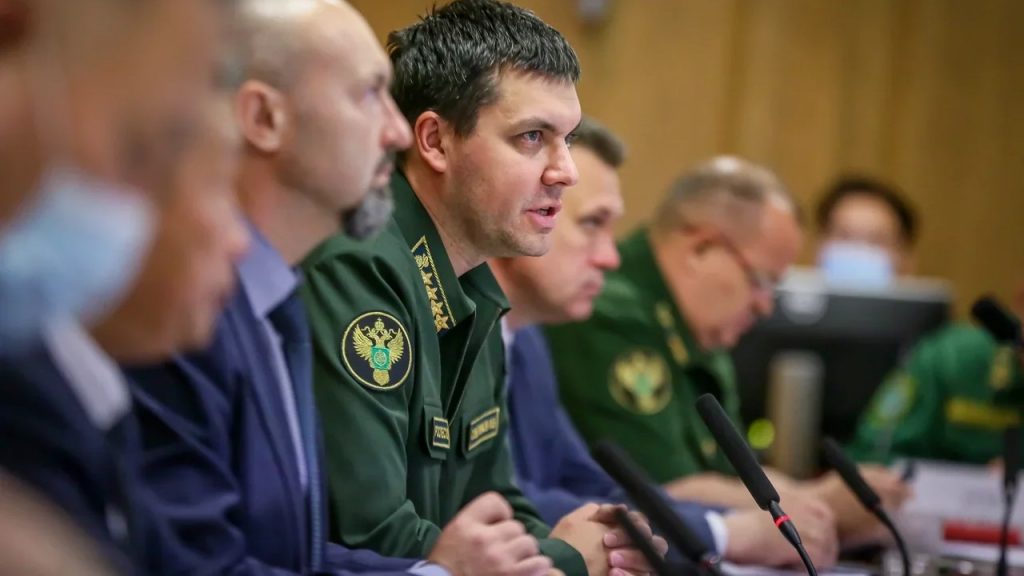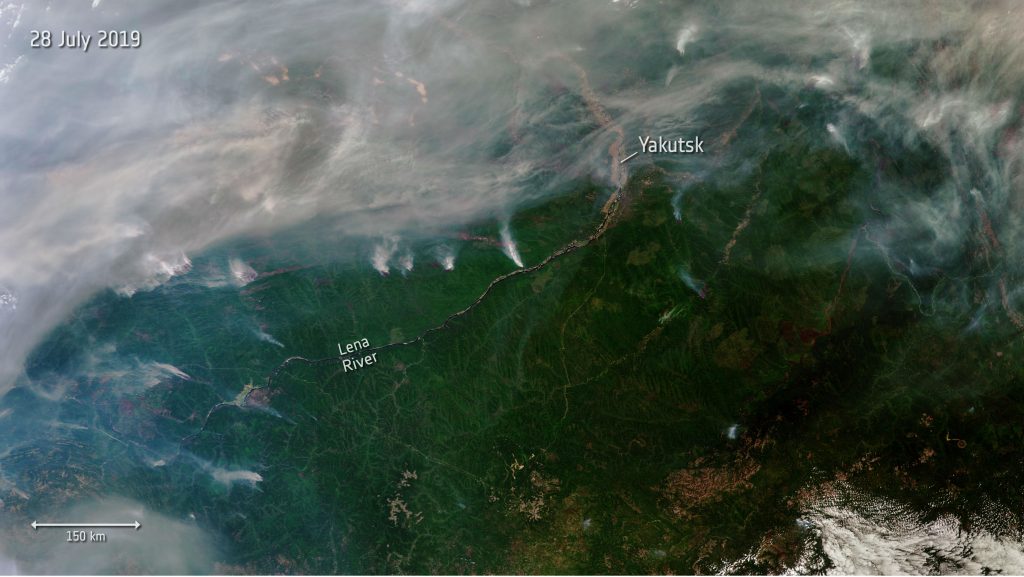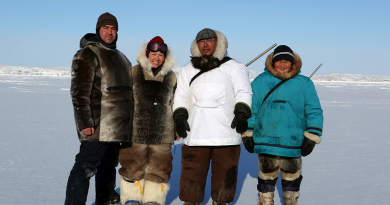Russia allocates $7.4 million to help fight forest fires in Yakutia

Russia’s federal government has allocated 450 million rubles ($7.4 million CDN) to help fight forest fires in the Sakha Republic (Yakutia).
The money will be dispersed over five years and mainly allocated towards buying equipment.
Fires are a natural part of the boreal forest life cycle, but in recent years, temperature increases in some regions of the Arctic have increased the duration and intensity of the fires.
Yakutia, located in Russia’s northeast, was among the areas hardest hit in recent years.
A 2020 report from the World Meteorological Organization (WMO) showed that the region experienced temperature anomalies of more than three degrees from January to October. In some of the central coastal parts of Siberia, temperatures were more than 5 C above average.
Yakutia also posted a record-breaking 38 degree C temperature on June 20, 2020 in the Russian town of Verkhoyansk.

The new funding for Yakutia was announced by Sergey Anoprienko, Russia’s Deputy Minister of Natural Resources and Environment, on Tuesday during a meeting with Yakutian officials and representatives of Rosleskhoz, Russia’s federal forestry agency.
Fighting fires in the region is an additional challenge because of its vast distances and the inaccessibility of many areas.
“We understand the difficulties faced by Yakutia,” Ivan Sovetnikov, the head of Russia’s federal forestry agency, said in a news release on Tuesday.
“This is a large area of forests, with hard-to-reach regions, a lack of manpower and limited resources. But we are convinced that [wildfires] in the area can, and should be, significantly lower than last year.”

Anoprienko said fire management education should also be stressed in the lead up to wildfire season, saying human-caused fires in the region can easily get out of control.
“A lot depends on municipal leaders and village councils at the local level,” he said.
“[Things like] agricultural burns can have serious consequences. A lot depends on local actions and on the residents of the settlements.”
Write to Eilís Quinn at eilis.quinn(at)cbc.ca
Related stories from around the North:
Canada: Fire season in Yukon, northwestern Canada was ‘complex and challenging’, CBC News
Russia: New NOAA report finds vast Siberian wildfires linked to Arctic warming, The Associated Press
Norway: Arctic summer 2019: record heat, dramatic ice loss and raging wildfires, The Independent Barents Observer
Russia: 2019 Arctic wildfire season ‘unprecedented’ say experts, The Independent Barents Observer
Sweden: Swedish municipalities to cooperate in fighting future wildfires, Radio Sweden
United States: Drivers describe ‘hellfire’ on Southcentral Alaska highway, Alaska Public Media



